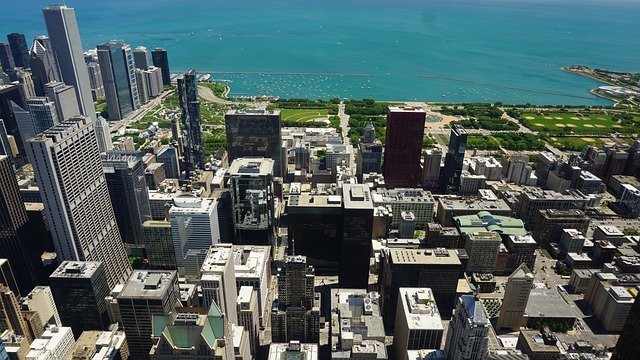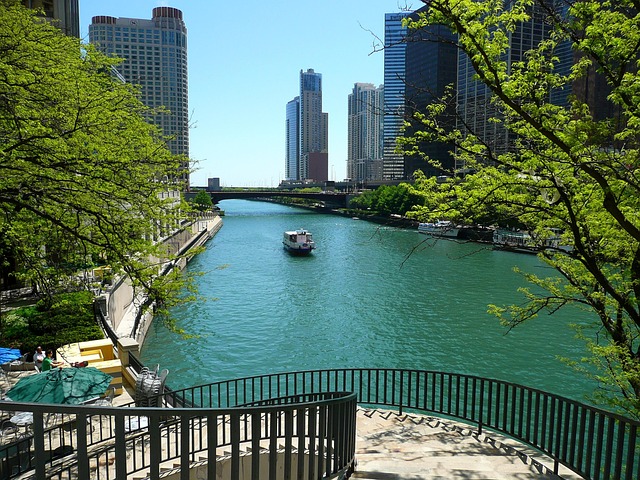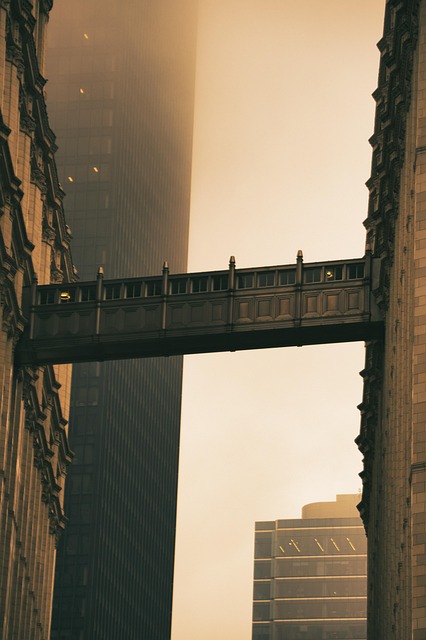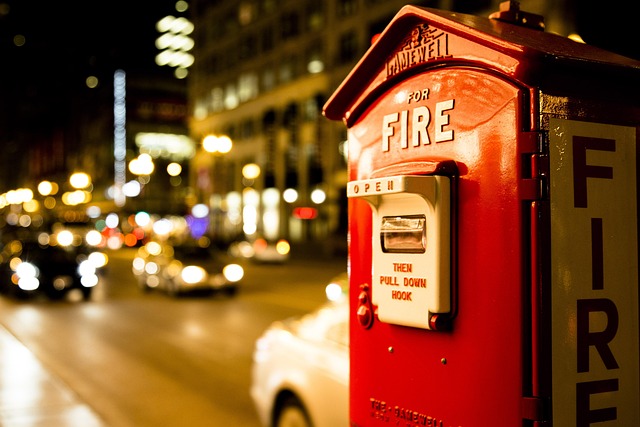In Illinois, especially when selling your house after a fire in Chicago, property disclosure laws are crucial for transparent and protective real estate transactions. Current owners must disclose known material defects, including structural damage, environmental hazards, past renovations, and ongoing repairs, to potential buyers. Sellers provide written documentation, while buyers conduct thorough reviews and inspections. Adhering to these requirements is vital for both parties to ensure a smooth sales process and prevent legal issues. When selling your house after a fire in Chicago, disclose relevant details about damage, structural issues, and repair steps to foster trust and avoid penalties or lawsuits.
In the vibrant, bustling city of Chicago, navigating the process of selling your home after a fire requires understanding Illinois’ stringent property disclosure laws. This comprehensive guide delves into the legal requirements and exceptions for buyers and sellers alike. From what to disclose about structural damage to potential environmental hazards, this article ensures you’re informed every step of the way. By exploring legal implications and consequences of non-compliance, homeowners can confidently navigate the real estate market in Chicago after a fire.
- Understanding Illinois Property Disclosure Laws
- What to Disclose When Selling Your House After a Fire in Chicago
- Exceptions and Exclusions: What's Not Required to Be Disclosed
- Legal Implications and Consequences of Non-Compliance
Understanding Illinois Property Disclosure Laws
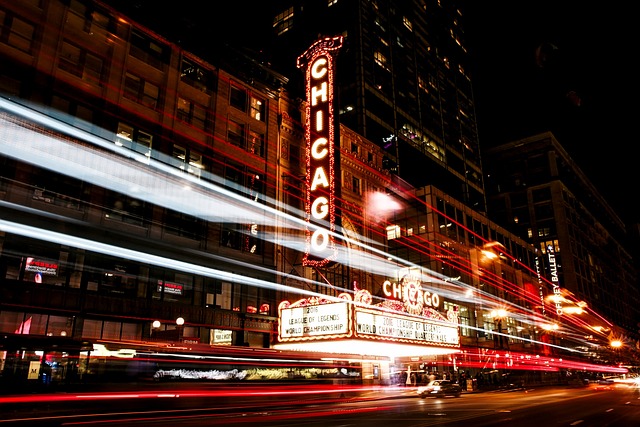
In the state of Illinois, particularly when selling your house after a fire in Chicago, property disclosure laws play a crucial role in ensuring transparency and protecting both buyers and sellers. These laws mandate that current owners disclose any known material defects or issues with the property to potential purchasers. This includes information about structural damage, environmental hazards, past renovations, and any ongoing repairs, among other relevant details.
Understanding these disclosure requirements is essential for anyone involved in a real estate transaction in Chicago. Sellers must be honest and accurate in their disclosures, providing written reports and documents that support the information shared. Buyers, on the other hand, have a responsibility to review these disclosures thoroughly and conduct reasonable inspections to verify the property’s condition before finalizing the purchase.
What to Disclose When Selling Your House After a Fire in Chicago

When selling your house after a fire in Chicago, there are specific property disclosure laws to keep in mind. Illinois requires sellers to disclose any known issues or defects that could affect a buyer’s decision to purchase a home. In the case of a fire, this includes providing details about the incident, such as when it occurred, the extent of the damage, and whether the structure has been repaired or reconstructed. Any structural changes made during renovation must also be disclosed.
Buyers have the right to know if there are any potential hazards or ongoing repairs that could impact their investment. Sellers should prepare a comprehensive list detailing all fire-related disclosures, including insurance claims, permits for reconstruction, and assessments of damage done to the property’s value. Being transparent about these matters can help facilitate a smooth sales process and ensure both parties are aware of the current state of the Chicago home being sold after a fire.
Exceptions and Exclusions: What's Not Required to Be Disclosed

When it comes to Illinois property disclosure laws, understanding what’s required and what’s excluded is crucial for both sellers and buyers, especially after events like a fire in Chicago. While the state has comprehensive regulations regarding what information must be disclosed during real estate transactions, there are certain exceptions and exclusions that can help streamline the process for selling your house after a fire.
Notably, certain types of damage or incidents that may occur before the sale, such as structural issues caused by natural disasters like fires, are often not legally mandated to be disclosed. This is because buyers are expected to conduct thorough inspections prior to purchasing a property. However, it’s still recommended practice for sellers to divulge any known problems to ensure transparency and build trust with potential buyers, especially in cases of significant damage or reconstruction efforts required after a fire in Chicago.
Legal Implications and Consequences of Non-Compliance
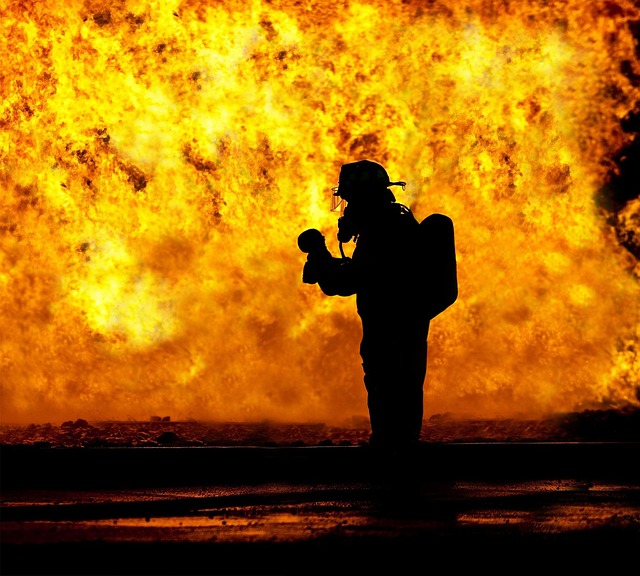
When selling your house after a fire in Chicago, strict property disclosure laws must be adhered to. Non-compliance can lead to significant legal implications and consequences for sellers. These include potential financial penalties, liability for buyers’ injuries or damages, and even civil lawsuits if it’s found that essential information about the property’s state was withheld.
In the event of a fire, it’s crucial to disclose all relevant details to prospective buyers, including the extent of damage, any structural issues that arose from the incident, and the steps taken for repair or reconstruction. Failure to do so could result in buyers facing unexpected challenges post-purchase, leading to disputes and legal action against the seller.
When selling your house after a fire in Chicago, understanding Illinois property disclosure laws is crucial. This comprehensive guide has outlined what to disclose, the exceptions that apply, and the potential legal implications of non-compliance. Remember that transparency is key when navigating the real estate market, ensuring a smooth sale for both parties involved. For a successful transaction in selling your house after a fire in Chicago, stay informed about these laws to avoid any legal consequences.
